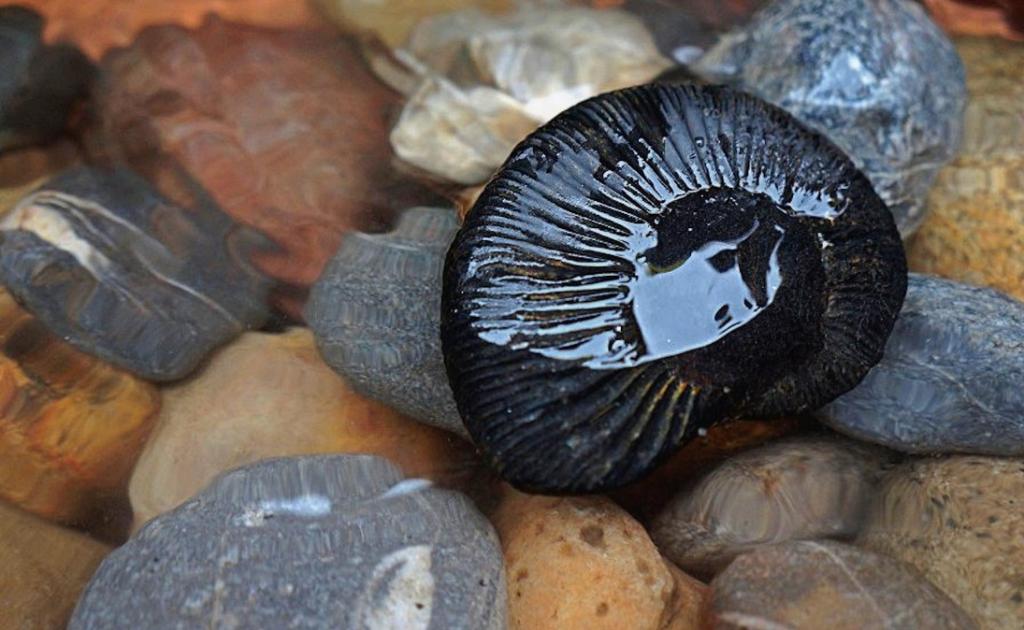Union Home Minister launched the digital portal of the Central Registrar of Cooperative Societies (CRCS).
The Portal
CRCS
The Justice G. Rohini-led Commission on the sub-categorisation of Other Backward Classes groups, submitted its report to the President of India.
Findings
Israelis are out on the streets over Prime Minister Benjamin Netanyahu’s judicial overhaul plans.
A team of scientists claimed to develop a material (LK-99) that could act as a superconductor at room temperature.
Superconductors
Superconducting materials
Type I Superconductor is a material that, in the right conditions, becomes a superconductor throughout its bulk.
Shaligrams, worshipped by Hindus and Buddhists for over 2,000 years, are becoming rarer because of climate change.
Climate change and Shaligrams
